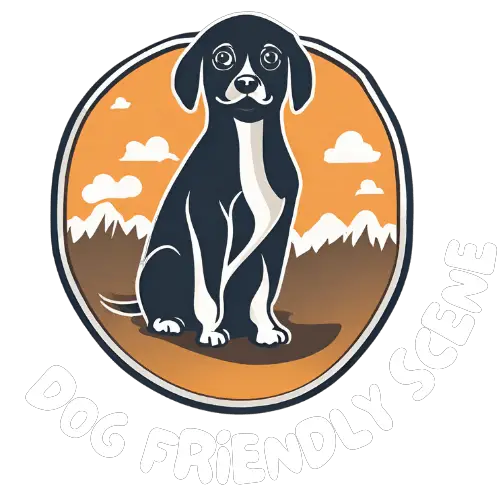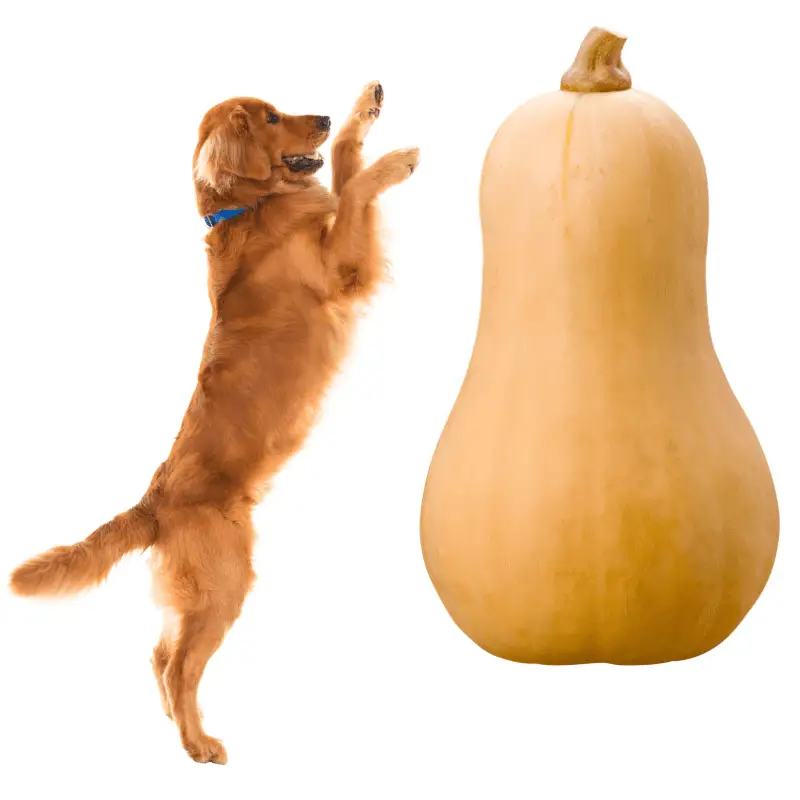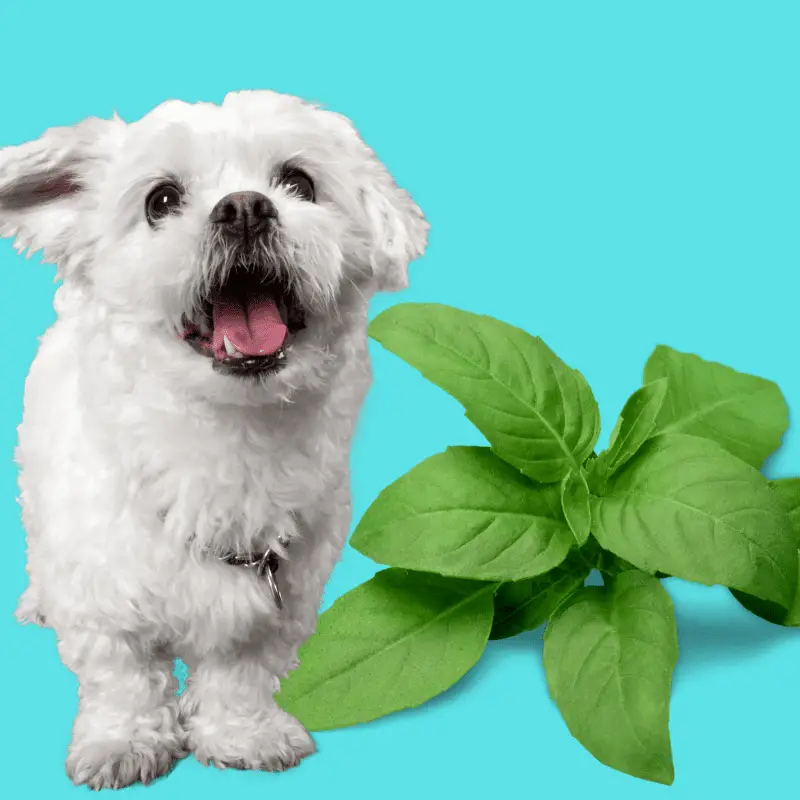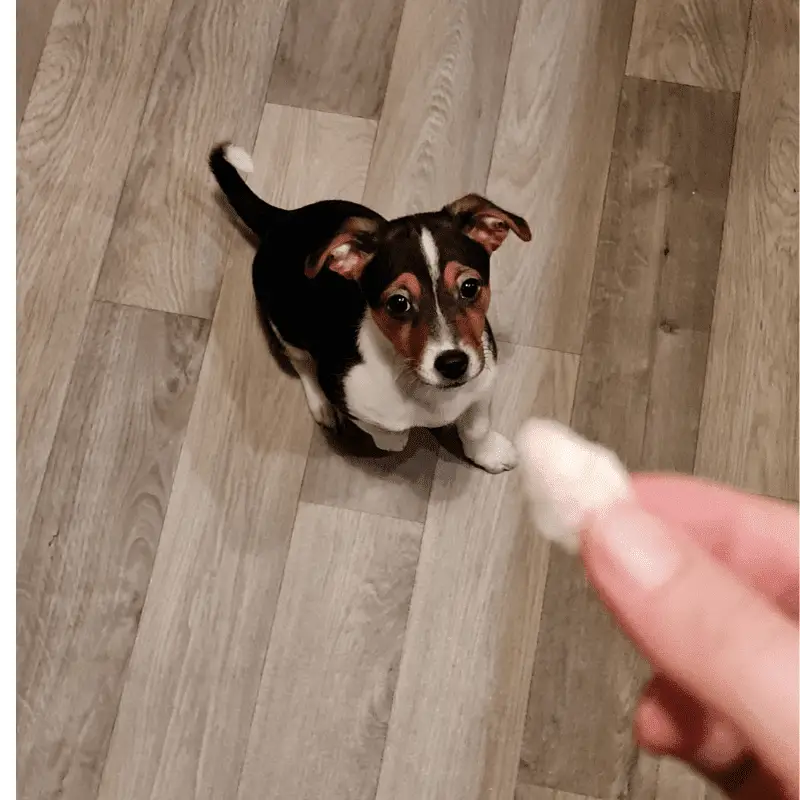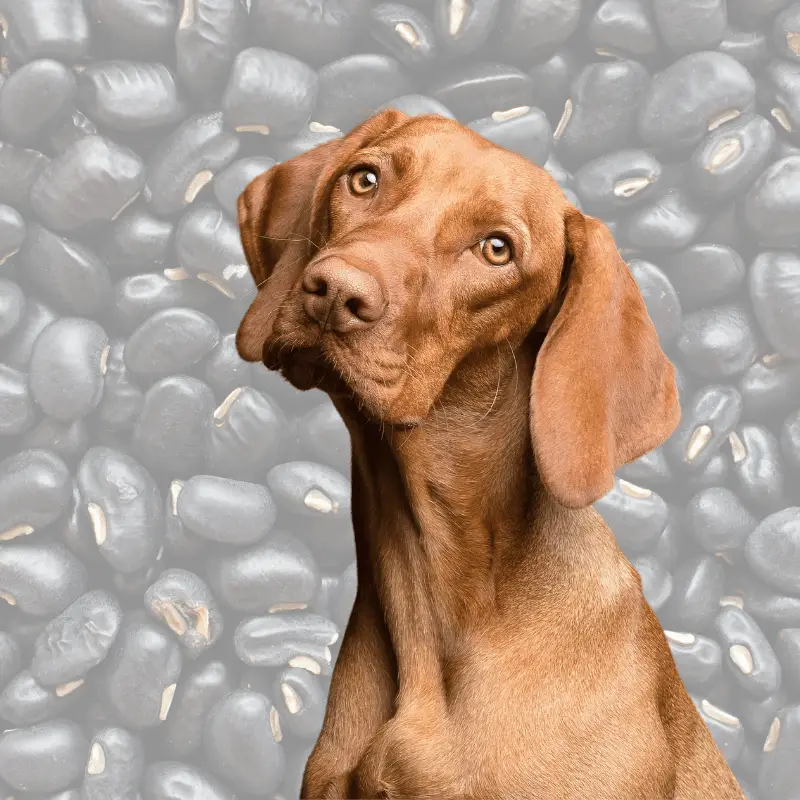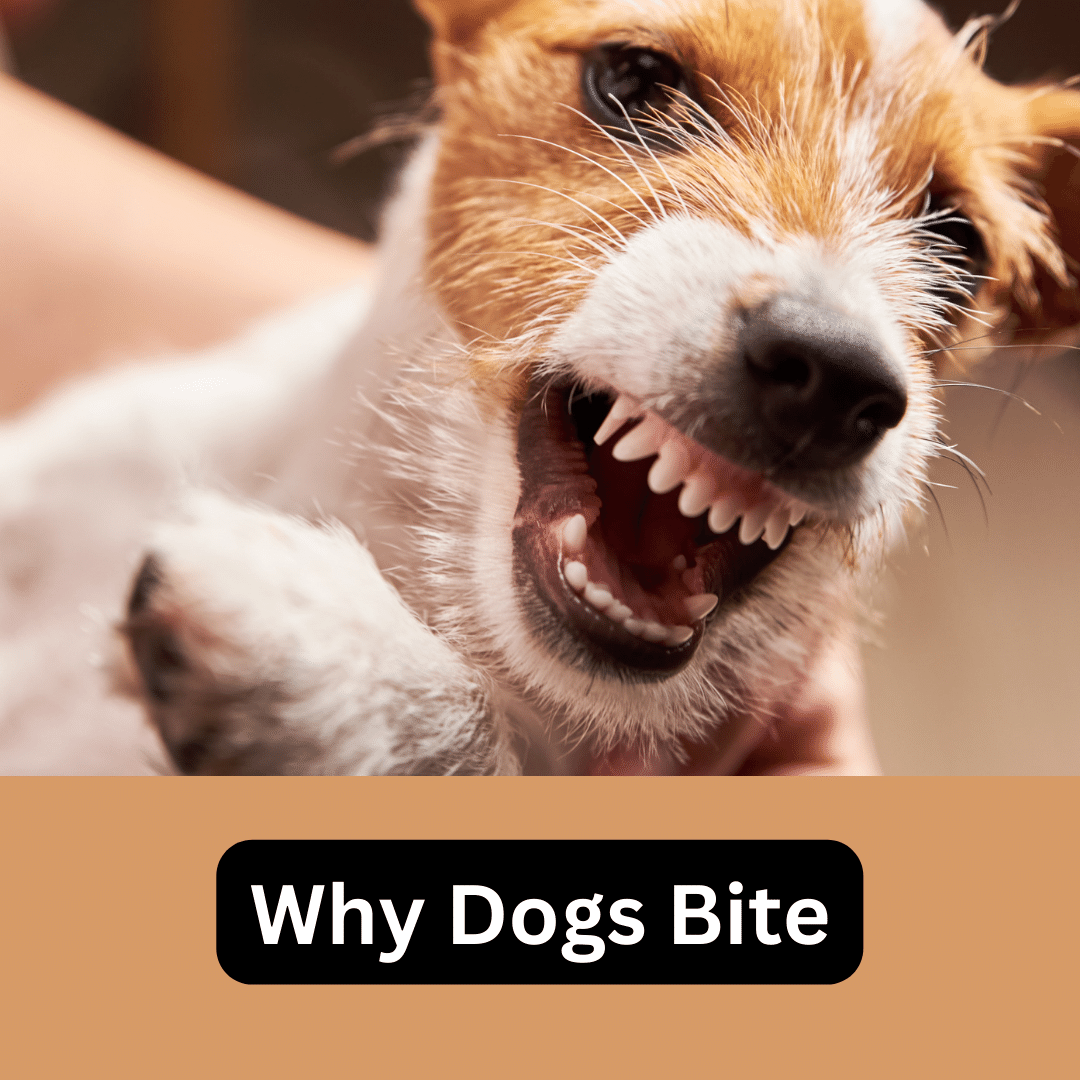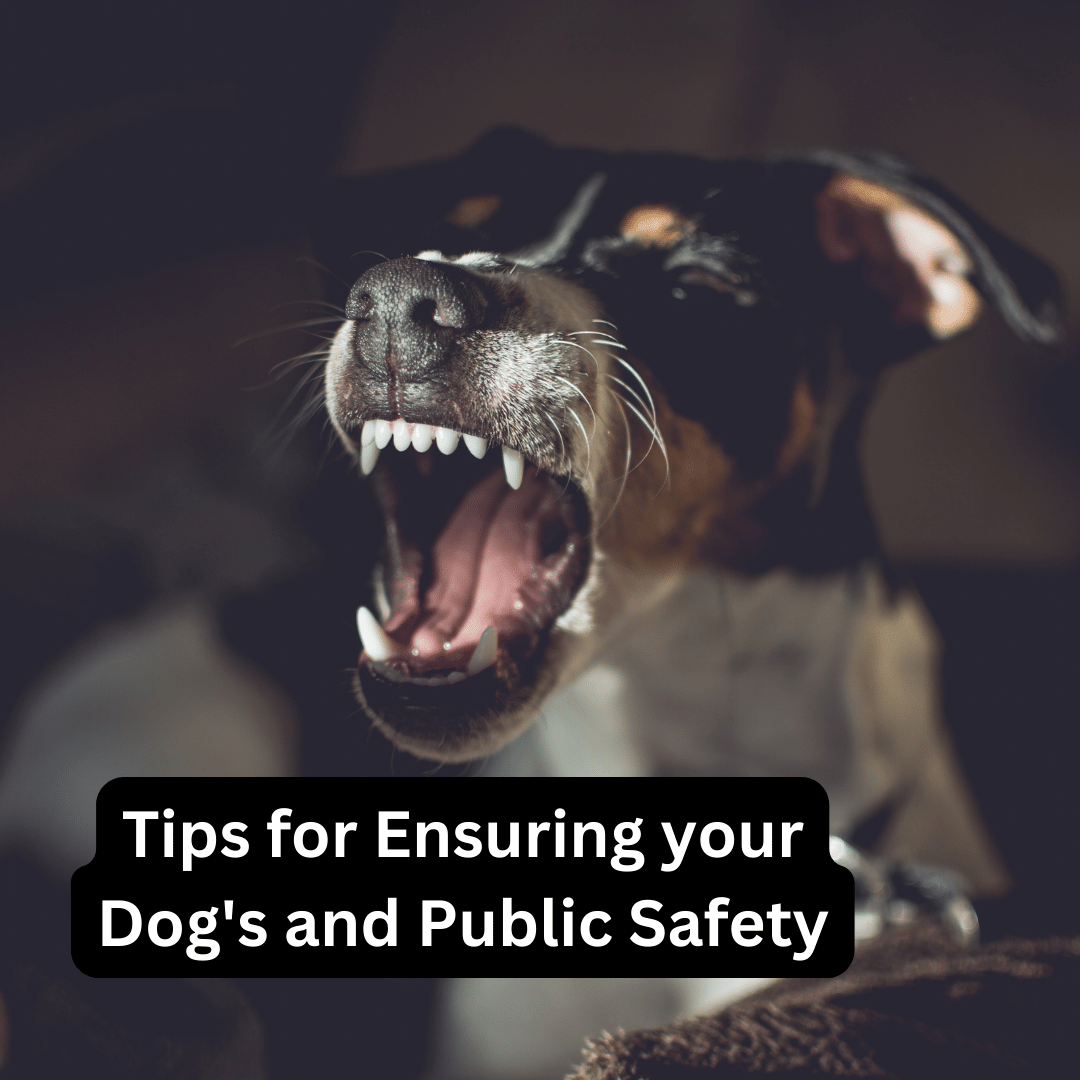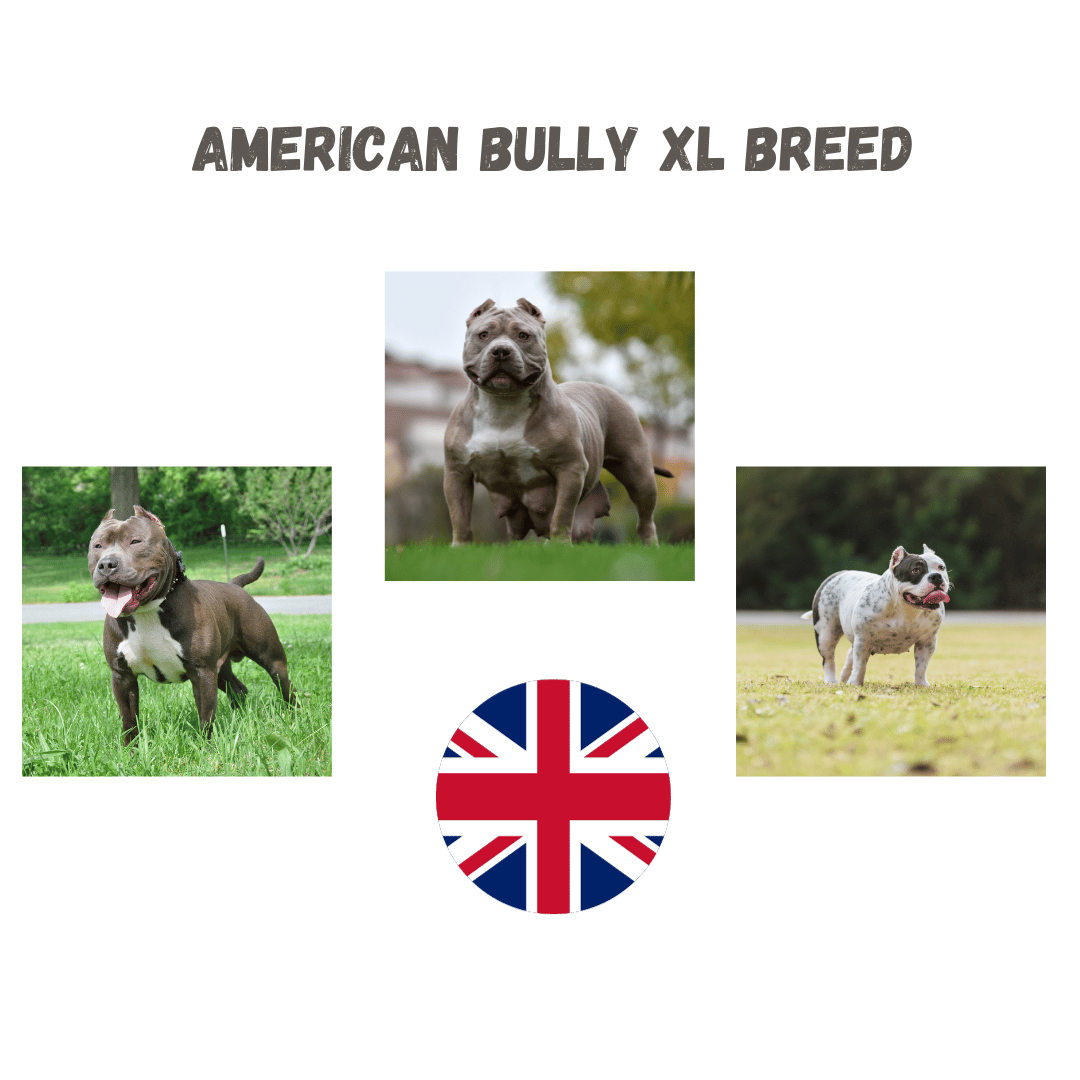Ignoring a begging dog is perhaps the most challenging thing of all. However, you have to take the hard steps, as you know the things you are cooking could only harm your dog. If you have one in your home, you already know that ingredients like raisins, onions and grapes are a strict no for your dog. But what about butternut squash? Is this delicious vegetable harmful to your pet as well? Or, can your dog enjoy the goodness of the butternut squash without problems?
Dogs can eat butternut squash. It is a healthy treat packed with nutrients and minerals. Butternut squash must be served in moderation while keeping it plain without adding any seasoning.
We now know that butternut squash is safe for dogs. The article below will go through butternut squash in more detail, how best to serve it, and the portion amount.
Butternut squash is a delicious orange autumn vegetable popular for its nutty and sweet flavour, versatility and long shelf life. It is a crossbreed between the pumpkin and regular squash, so it has a unique taste and qualities.
The best thing about this vegetable is that you can make almost every dish with it. The qualities of butternut squash do not end there. These veggies come with many vitamins and minerals that are good for humans and dogs. While some fruits and vegetables are toxic for dogs, butternut squash and other winter squash varieties are safe to consume.
Best Served
Butternut squash is not only tasty; it offers a bucket load of health benefits to your dog. However, only serve the cooked variety. Do not forget that added sugar, salt, spices, and fats are not suitable for your dog’s health. So, keep the cooked butternut squash aside for your dog before adding the spices and seasoning.
Avoid feeding your pet dog the seeds or peels of the butternut squash. This portion of the vegetable is tough and can also create intestinal blockades.
How Much Butternut Squash For Dogs
The size of your dog will depend on how much butternut squash you can offer them. A good rule is to give a medium-sized dog one to two teaspoons of plain cooked butternut squash flesh. Smaller dogs should have one teaspoon, and larger dogs can have up to four teaspoons. Remember that they need to leave enough food for their regular diet.
Raw Butternut Squash
Please do not give your dog raw butternut squash as it is fibrous and extremely tough to chew. It can create a choking hazard. Digesting the vegetable naturally and creating an intestinal blockage can also be challenging. So, never try to feed your dog pieces of raw butternut squash.
Here are some ideas you can implement to serve butternut squash to your dog.
- Topping: You should add the cooked butternut squash to the top of the dog food and use it as a topping.
- As a treat: You can give your dog butternut squash as a treat on its own.
- As an ingredient: If you love to serve your homemade dog meals, you should incorporate butternut squash as one of the meal’s main ingredients.
Dog Ate Butternut Squash With Seasoning
Firstly, dont panic! It does depend on the amount they have eaten and the size of your dog. Salt, sugar and spices are bad for your dog’s health, so it would be best if you kept your eye on them in case of side effects outside their character.
Most dogs like the earthy and sweet taste of butternut squash, and it generally wins the hearts of the dogs within minutes. However, some dogs might not like the cooked texture of the vegetable. You must keep an eye on your pet’s body language to ensure they are happy to eat the vegetable.
While handing out butternut squash as a treat, notice how your dog behaves. If your dog wags their tail, licks its lips and raises its ears while eating the butternut squash, that clearly indicates they love the treat.
You can also tell your pet dog does not like the butternut squash if they bark at you after eating the treat. However, if they make a face or snarl while eating the veggie or even walks away, it indicates they do not like its taste. In such cases, it is better not to serve them the butternut squash anymore.
Butternut Squash And Weight Control
While butternut squash is exceptionally healthy for your pet dogs, you should consider the weight factor before deciding on the portion size. Butternut squash is a starchy vegetable, making your dogs gain weight. So, if your dog is overweight, you should be careful while handing out the butternut squash as a treat.
Alternatively, if your dog is underweight, butternut squash can be a suitable ingredient that helps them bulk up healthily. After introducing rich food, like butternut squash, you should take your dog on regular exercise to your dog’s diet.
Health Benefits
Butternut squash is incredibly healthy for your dog, containing vitamins and minerals. Here, we have shown a few benefits your dog can experience while enjoying a bit of butternut squash.
Fibre
As we have already mentioned, butternut squash contains a lot of fibre. That is what makes it one of the best ingredients for solving the constipation problems of your dog. If your dog is experiencing trouble with bowel movements, butternut squash can help them move things again.
Butternut squash can help you control the bouts of diarrhoea from which your dog suffers. As it is fibrous and gentle on your dog’s stomach, it effectively calms an upset stomach.
Vitamin A
In every dog’s diet, vitamin A plays an important role. Vitamin A helps their immune system and improves their vision. Introducing butternut squash to your pet dog’s diet will fulfil their vitamin A requirements without any problem.
Antioxidants
The butternut squash is full of antioxidants, helping the dogs fight the free radicals. Free radicals are molecules considered the originating point of many different diseases.
Squash is packed with several antioxidants. Beta carotene is one of the most notable of them all. It can help the dogs fight the inflammation of their bodies. While this benefit might sound pretty simple, it can help the dogs fight different conditions, from heart disease to hip dysplasia. It is also said that butternut squash can fight cancer among dogs.
The butternut squash also comes with a ton of phytonutrients that helps the cell functions of your dogs. It also aids in proper organ functions and organ and body detoxification.
low-fat
As butternut squash has low-fat content, it can be a healthy addition to your dog’s diet. Also, squash’s fibre and folate can improve your dog’s heart functions.
Potassium
The potassium content of the veggie keeps your dog’s bones strong and healthy. That is why butternut squash is particularly beneficial for old dogs.
Vitamin B6
Butternut squash is high in vitamin B6, which improves the nerve functions of your pet.
While the seeds are toxic to dogs, they are hard to digest, so best just to avoid them altogether and offer the butternut squash flesh instead.
The butternut squash is a tough vegetable for dogs to chew. It can create an intestinal blockage and make digestion difficult, so avoid giving them raw pieces of this food!
As long as it’s cooked and not raw, dogs can enjoy a little bit of butternut squash skin. The skin is completely edible and contains plenty of good fibre and vitamin A.
Conclusion
Butternut squash is perfectly healthy for your dogs. You must ensure that you only offer it after cooking the vegetable and without seasonings. Many dogs love butternut squash as a meal. But if your pet does not like the taste of it on its own, then you can mix it in their food to give a nutritious boost to their diet.
